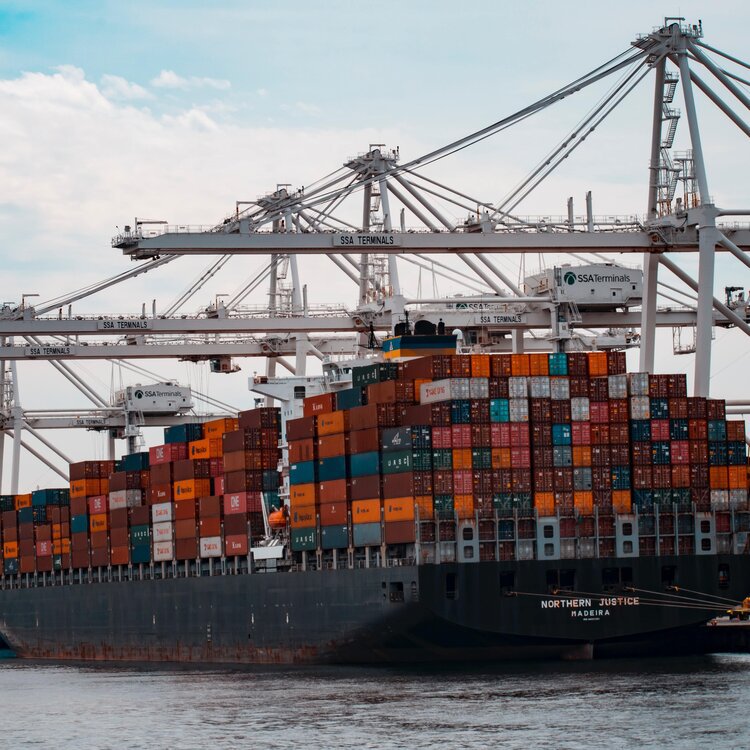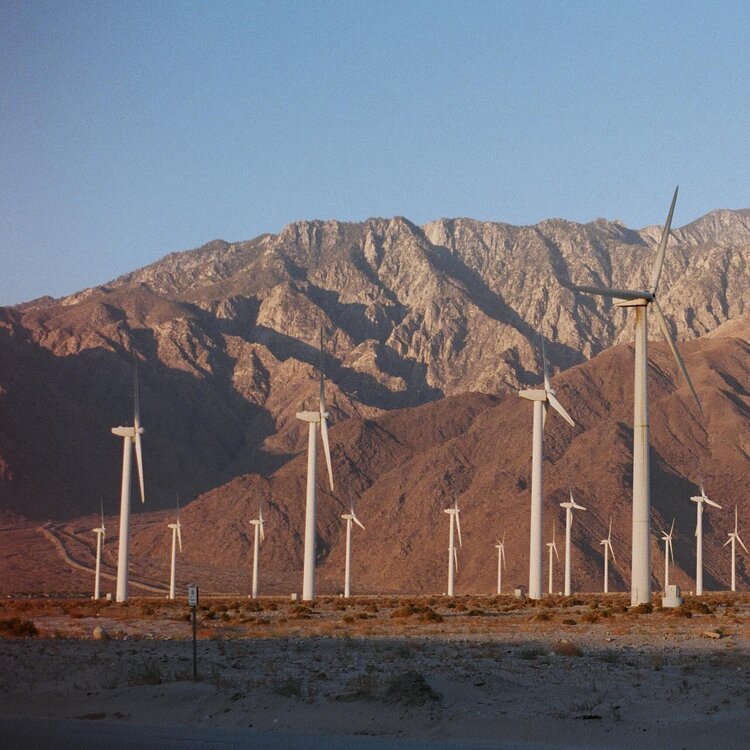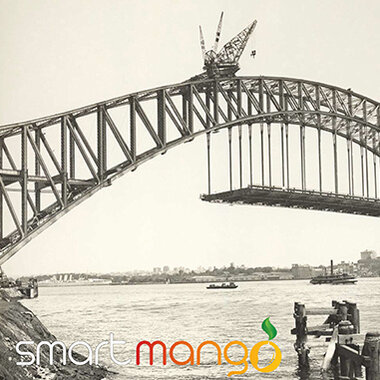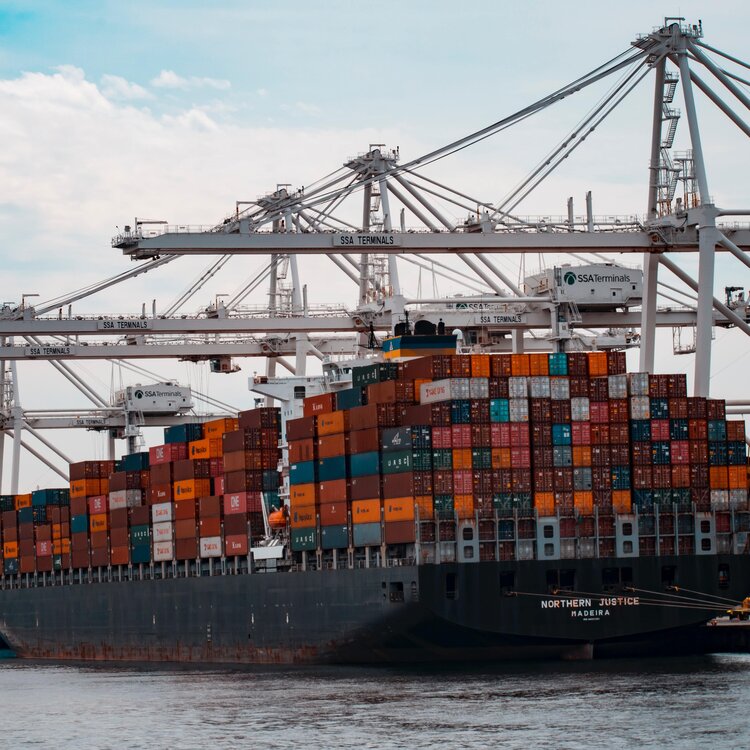ECA Featured member - ALTIOS
ALTIOS is a Global Business Development Firm focused on helping businesses grow through international development strategy, international expansion, subsidiary management, recruitment and cross-border investments into the worlds’ leading markets.
Established in Australia in 1991, ALTIOS has consolidated a large amount of expertise across a variety of industry sectors and has assisted foreign companies grow and expand their businesses overseas.










